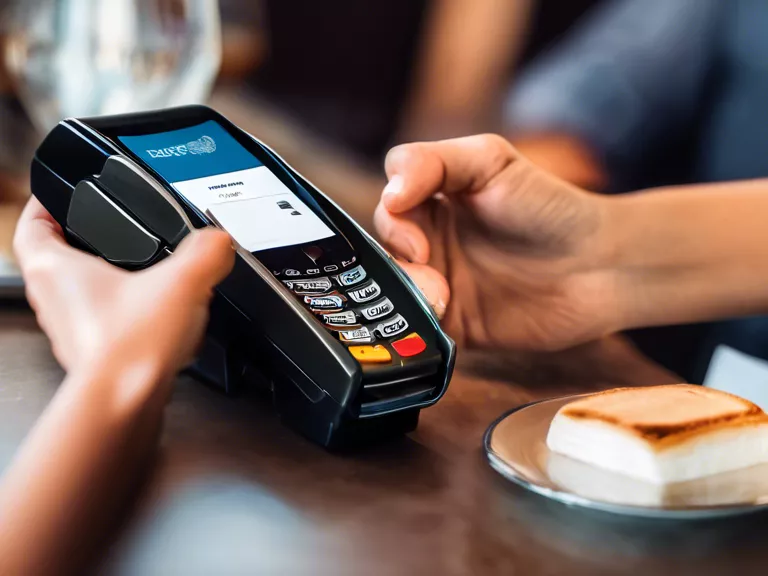
In recent years, contactless payments have revolutionized the way we make transactions, offering speed, convenience, and security. This shift towards contactless payments has had a significant impact on various industries, including the travel and hospitality sector.
Contactless payments have become increasingly popular in the travel industry, offering a seamless payment experience for travelers. From booking flights and hotels online to paying for transportation and meals, contactless payment technology has streamlined the travel experience, making it easier and more convenient for travelers to make purchases on the go.
One of the key benefits of contactless payments in the travel and hospitality industry is the increased speed of transactions. With just a tap or wave of a card or mobile device, customers can quickly pay for their purchases without the need to fumble for cash or wait for a chip card to process. This efficiency not only improves the customer experience but also helps businesses to increase revenue by reducing wait times at checkout.
Another advantage of contactless payments in the travel and hospitality industry is the enhanced security it provides. With features such as tokenization and encryption, contactless payments offer a higher level of security compared to traditional payment methods. This peace of mind is especially important for travelers who may be using their cards or devices in unfamiliar places.
Contactless payments also cater to the growing demand for touchless experiences, which has become particularly relevant in light of the COVID-19 pandemic. By minimizing physical contact with payment terminals, contactless payments contribute to a safer and more hygienic payment environment for both customers and staff in the travel and hospitality industry.
In conclusion, the impact of contactless payments on the travel and hospitality industry has been overwhelmingly positive. From improving transaction speeds and enhancing security to promoting touchless interactions, contactless payments have transformed the way we pay for travel-related expenses. As this technology continues to evolve, the travel and hospitality industry can expect even greater benefits in the future.



